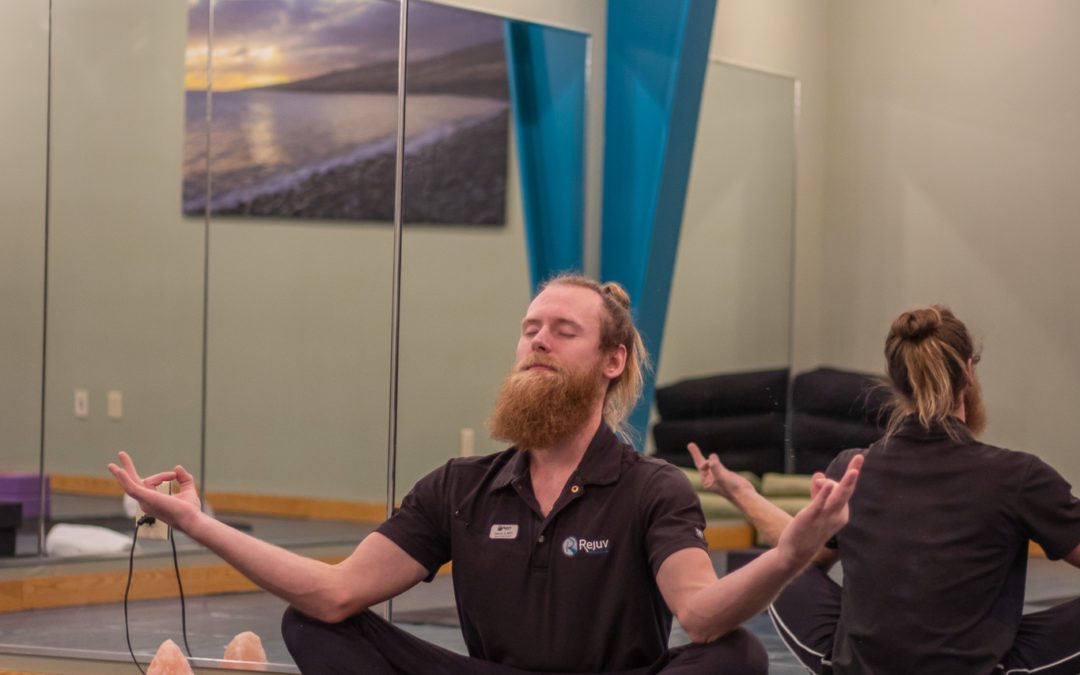In today’s fast-paced world, stress has become a part of our daily lives. The constant pressure to meet deadlines, manage responsibilities, and maintain relationships can leave us feeling overwhelmed and tense. Meditation is a practice that has been around for centuries and is known to help relieve tension and stress. In this blog post, we will explore how meditation works and the benefits it can have on our mental and physical health.
How Does Meditation Work?
Meditation involves focusing your attention on a particular object or thought, such as your breath, a sound, or a mantra. The goal is to quiet the mind and let go of any distracting thoughts or worries. Through regular practice, meditation can help you develop a sense of calmness and inner peace, even in the midst of stress.
Benefits of Meditation for Stress Relief
Meditation has numerous benefits for stress relief, including:
- Reducing anxiety: Meditation can help reduce feelings of anxiety and promote a sense of calmness.
- Lowering blood pressure: Regular meditation can help lower blood pressure, which can reduce the risk of heart disease and other health problems.
- Enhancing sleep: Meditation can improve sleep quality, helping you feel more rested and energized.
- Boosting mood: Meditation can boost mood and reduce symptoms of depression.
- Improving focus: Meditation can help improve focus and concentration, which can be helpful in managing stress.
Ways to Incorporate Meditation into Your Routine
If you are interested in incorporating meditation into your routine, there are several ways to get started:
- Start small: Begin with just a few minutes of meditation each day and gradually increase the amount of time as you become more comfortable with the practice.
- Choose a comfortable position: Sit or lie down in a comfortable position, and focus on your breath or a mantra.
- Practice regularly: Try to practice meditation at the same time each day to make it a habit.
- Use guided meditation: There are many apps and online resources that offer guided meditation, which can be helpful for beginners.
In conclusion, meditation is a powerful tool for relieving tension and stress. Through regular practice, it can help you develop a sense of calmness and inner peace, which can improve your mental and physical health. By starting small, choosing a comfortable position, practicing regularly, and using guided meditation, you can begin to incorporate meditation into your routine and experience the benefits for yourself.

